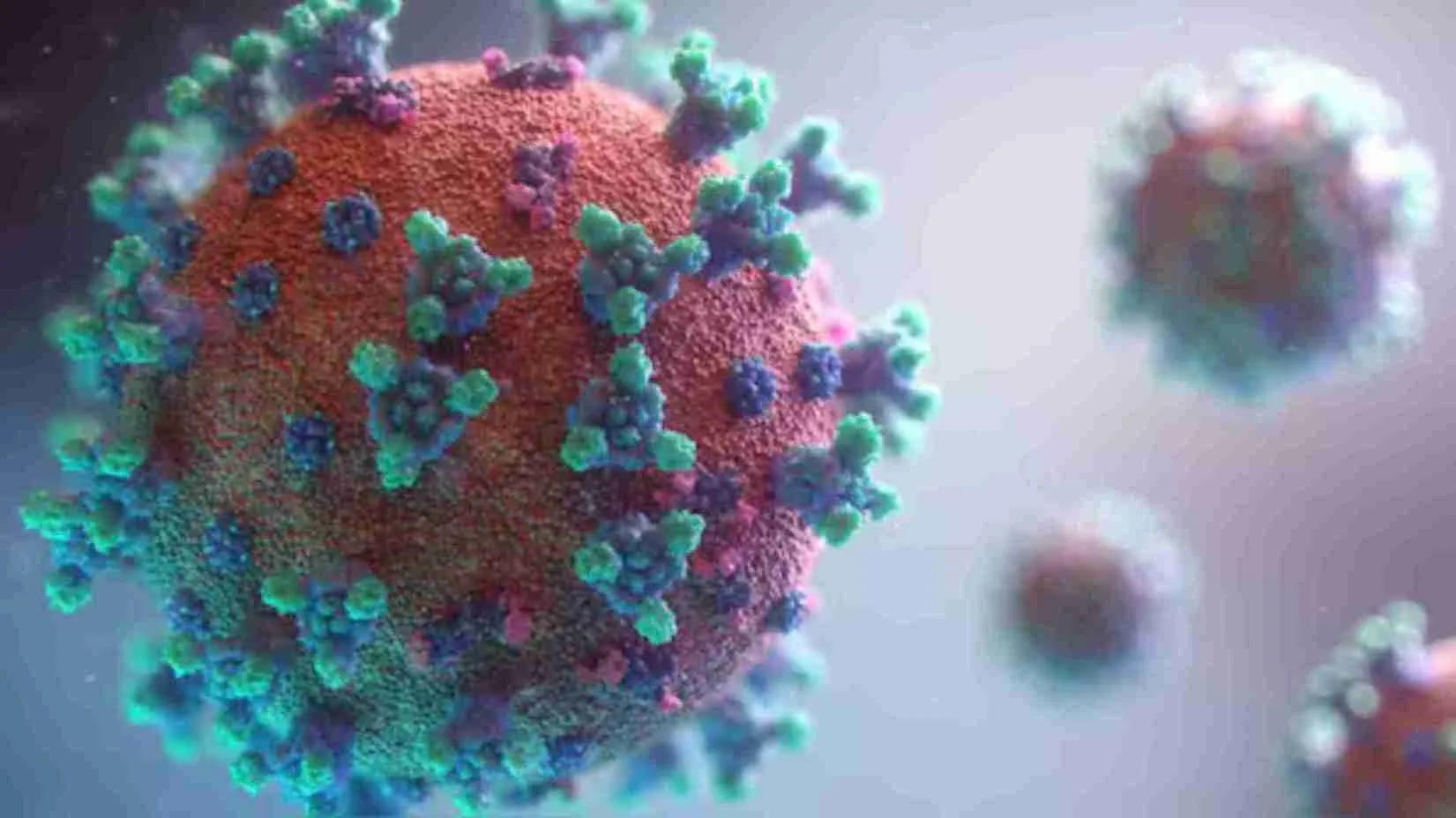Health experts have eased concerns surrounding Human Metapneumovirus (HMPV), emphasising that it is not as contagious as COVID-19. Unlike COVID-19, which had an unknown origin before its emergence, HMPV has been documented since the 1950s. According to Dr. Vishal Rao, a Surgical Oncologist, HMPV spreads via respiratory droplets rather than airborne or verbal transmission. He urged the public not to panic and assured that those vaccinated with a flu shot and three doses of the COVID-19 vaccine likely have some level of immunity against the virus.
No Vaccine Yet, But Precautions Help
Currently, there is no specific vaccine available for HMPV. However, Dr. Rao highlighted that basic precautions are crucial to prevent infection. “HMPV does not spread through talking or breathing like COVID-19. It’s a droplet infection caused by coughing, so maintaining good hygiene is essential,” he explained. Individuals can protect themselves by wearing masks, washing hands regularly, and avoiding close contact with symptomatic individuals.
HMPV: A Well-Documented Virus
Dr. Neeraj Nischal, an Additional Professor of Internal Medicine at AIIMS Delhi, explained that HMPV should not be compared to COVID-19. “COVID-19 was a completely new virus, whereas HMPV has been described since 2001 and traced back to the late 1950s. By the age of 10, most children develop immunity against it,” he noted. India has reported three confirmed cases of HMPV, two in Karnataka and one in Gujarat, but officials have reassured the public that there is no cause for alarm.
Severe Cases and Brain Inflammation
While HMPV usually causes mild symptoms like fever, cough, and nasal congestion, it can lead to serious complications in vulnerable individuals. Dr. Praveen Gupta, Principal Director and Chief of Neurology at Fortis Hospital, cautioned that the virus could trigger immune-mediated encephalitis, leading to brain inflammation. “This can result in symptoms such as fever, vomiting, seizures, and paralysis. Diagnosis involves an MRI, EEG, or cerebrospinal fluid (CSF) examination, and treatment includes medications to manage brain pressure and immune responses,” he explained.
Preventive Measures
Experts emphasized adopting precautions similar to those for other respiratory illnesses like RSV and influenza:
- Wear a mask when symptomatic or in crowded places.
- Practice good hand hygiene, including regular hand washing with soap.
- Avoid close contact with infected individuals.
- Cover your mouth and nose when coughing or sneezing.
- Disinfect surfaces frequently touched by others.
Symptoms and At-Risk Groups
Dr. Mahua Kapoor Dasgupta, Director of Medical Affairs (Infectious Diseases) at Haystack Analytics, explained that HMPV belongs to the Paramyxoviridae family, which includes the Respiratory Syncytial Virus (RSV). It typically affects both the upper and lower respiratory tracts, with severe cases leading to bronchiolitis or pneumonia in high-risk populations such as children under five, elderly individuals, and immunocompromised patients. Common symptoms include fever, cough, nasal congestion, and shortness of breath.
Treatment and Home Care
Treatment for HMPV generally involves supportive care at home, including rest, hydration, and over-the-counter medications like antipyretics and nasal decongestants. In cases of secondary bacterial infections, antibiotics may be prescribed. For critically ill patients, hospital care may be necessary to manage complications.
Flu Season and HMPV Awareness
Dr. Sandeep Budhiraja, Group Medical Director at Max Healthcare, noted that HMPV is one of several respiratory viruses active during the flu season. “These viruses, including influenza and adenoviruses, cause similar symptoms like fever, headache, and nasal congestion. Most cases are mild, but complications can arise in vulnerable groups,” he said. He also highlighted the lack of a specific vaccine or treatment for HMPV, despite decades of research.
Experts reassured the public that while HMPV is not new, awareness and preventive measures are key to controlling its spread. By following hygiene protocols and seeking timely medical advice, individuals can effectively safeguard themselves and others from the virus.





















